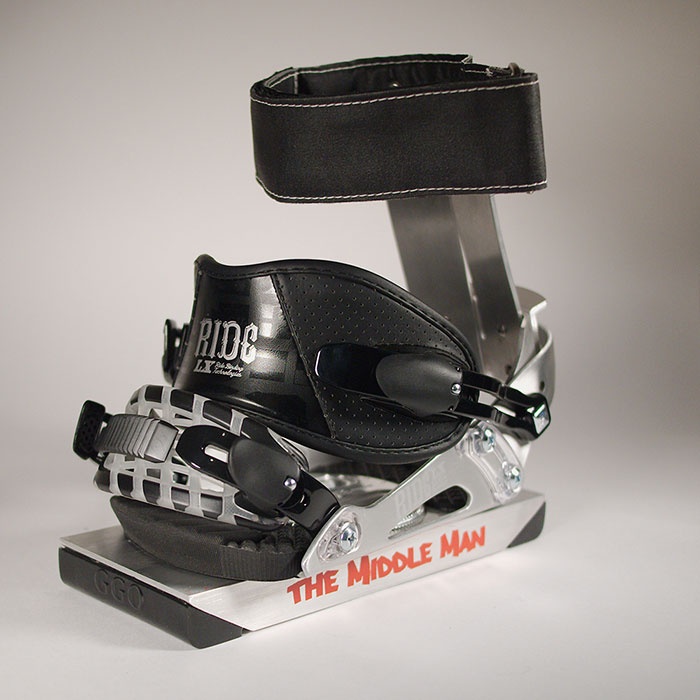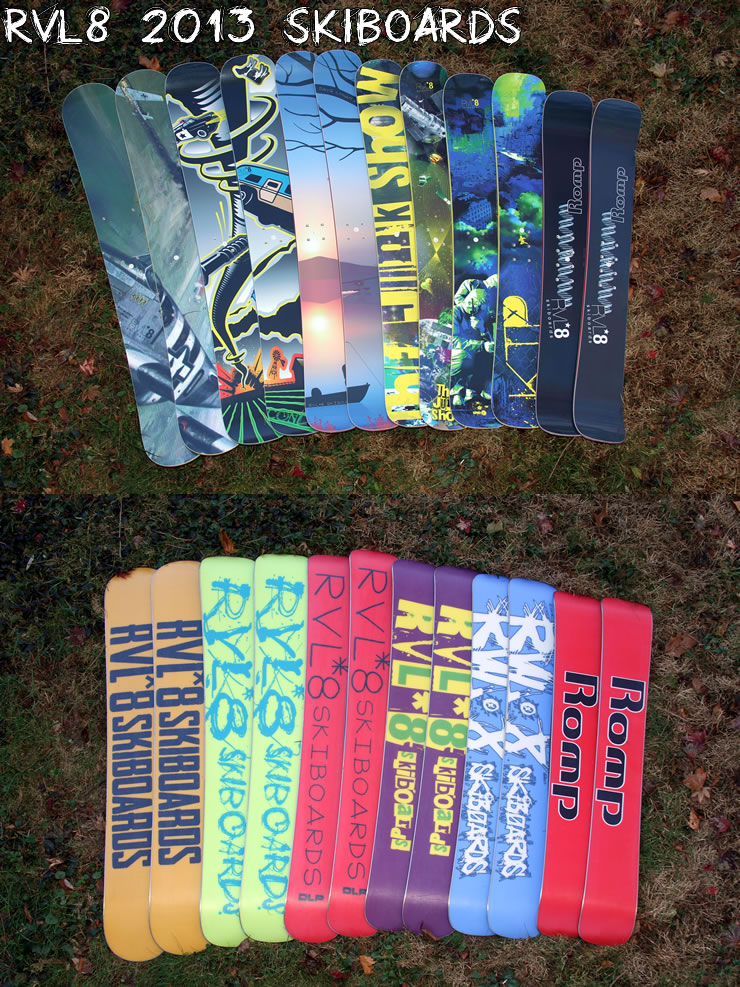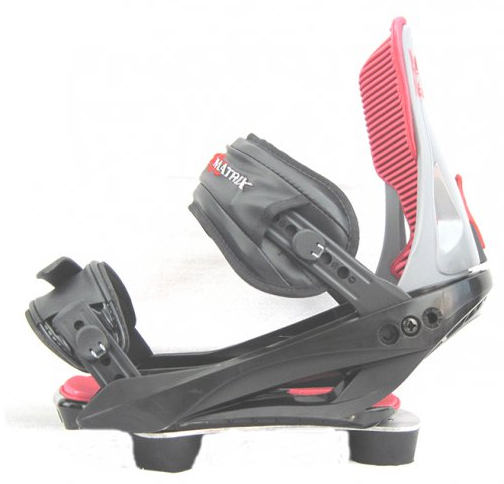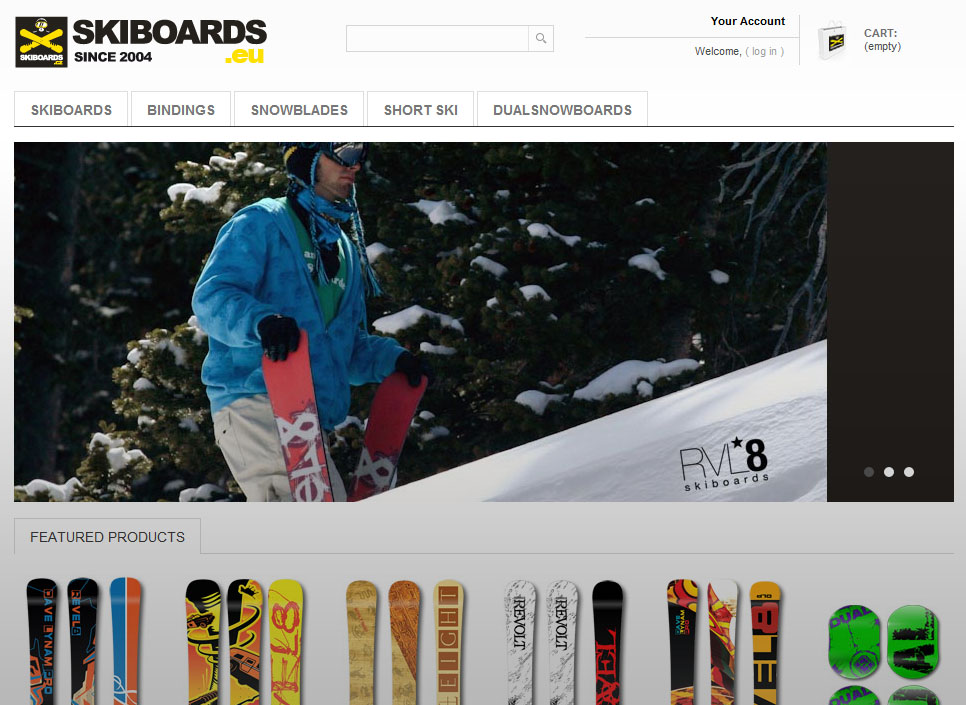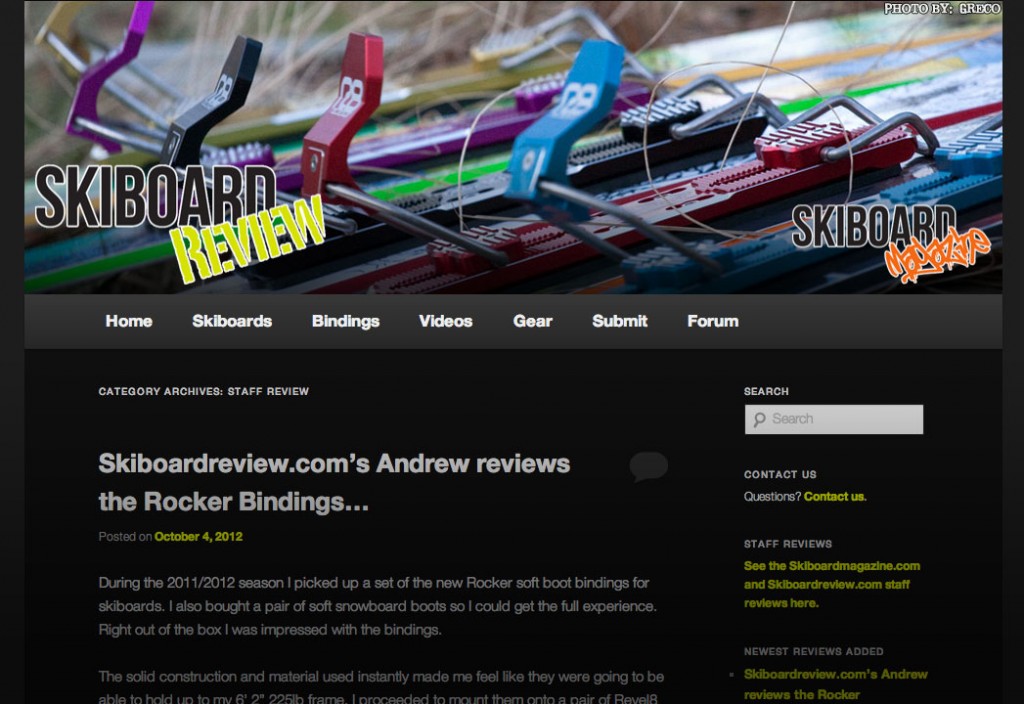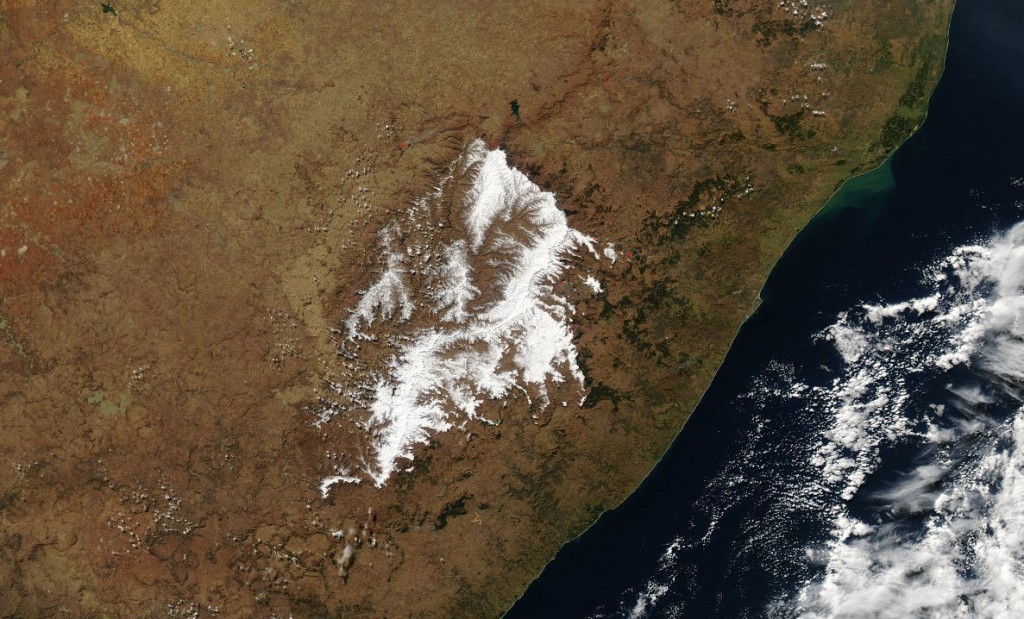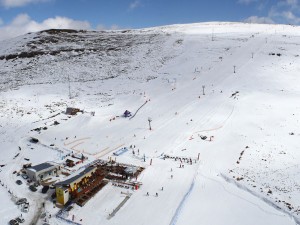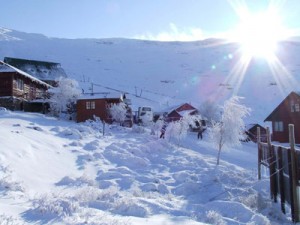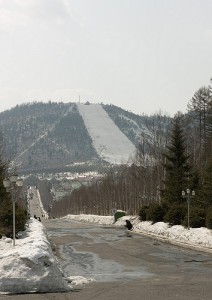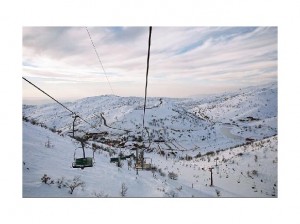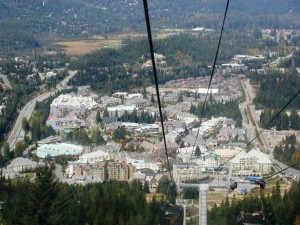Dave Bloom announced yesterday that The Junk Show will not be returning for a fourth season. He thanked everyone who made it out to ride, tuned in and supported the series throughout the past three years. You can still relive the memories over on the Vimeo channel.
Kirk Thompson January 2013 Edit
Branden Harding’s Comeback
After an off snow knee injury Branden Harding is back in action.
Branden Harding // The Comeback from RVL8 Skiboards on Vimeo.
The Junk Show – Episode 3.1 End of the World
In celebration of the end of the world today, The Junk Show has dropped episode 3.1. This time Dave and Brandon hit up Park City, Utah to find some fresh powder.
RVL8 Skiboards presents The Junk Show – Episode 3.1 End of the World from Dave Bloom on Vimeo.
More New Skiboard Bindings
It’s safe to say that skiboarding binding options have greatly expanded in the last couple seasons. Today we introduce you to yet another new option on the scene.
The GGO (Gadget Geeks Outdoors) binding brings skiboarders the comfort of snowboard boots with a supportive and customizable binding. Learn more at http://skiboardbindings.com/
2013 RVL*8 Skiboards Arrive Early
New Snowboard Binding Solution
There’s a new snowboard binding solution for skiboarders looking for an alternative binding set up. The Board Factory PH-710 Snowboard Bindings Riser Kit goes for $195.00 on Skiboards.com.
Skiboarding’s New European Dealer
Europeans will have a new place to order their skiboarding gear this season. Formally Skiboards.CZ an online skiboard shop based out of the Czech Republic since 2004, has changed to Skiboards.EU. Skiboarders in the EU can order their gear without Custom Duties and Taxes they would get from ordering from the USA or Asia.
On top of carrying skiboards they do also have some snowblades, short skis and dual snowboards. Brands they carry are Allz, BlueMoris, Dual, Eman, GPO, Revel8, and Strictly.
Staff Reviews by SkiboardReview.com
If you’re in the market for new boards, bindings or other skiboarding gear make sure you check out SkiboardReview.com. Along with the site overhaul for 2013, Skiboard Review recently added a Staff Reviews section. This is a great place to find reviews written by skiboarding veterans who have years of experience with a wide range of gear.
Ski Resorts in Difficult Realities
Almost every country that receives any snowfall has some sort of commercially developed alpine sports. In some countries, alpine sports are fairly expensive and are not accessible to the largest portions of the population. In other countries, armed conflicts and tensions lay just over the peaks. These are just four of the places around the world where you may have never thought of skiboarding.
Lesotho, a small landlocked country inside South Africa, is actually the highest (independent/un-occupied) country in the world. The lowest point is 1,400 metres (4,593 ft) and the terrain is very mountainous.
Up in the peaks of the grassy and tree-less Maloti Mountains you’ll find AfriSki. This resort is basically a single 1 km (1093 yards) long run, with one T-bar, but some kick ass looking jumps along the right side of the trail that start about half way down the slope.
The “Winter” months are June through August and due to water scarcity, they don’t serve tap water, instead they save it to make artificial snow. You probably won’t find many locals here. 99.7% of the population of Lesotho are Sotho people and 40% of them live under the UN international poverty line ($1.25 USD a day). Because of its close proximity to South Africa pretty much the only people who can afford the $42 USD a day lift ticket are upper and middle class European decent South Africans and tourists from abroad.
During the 1800’s the local Sotho people embarrassed British colonizers by resisting and kicking their ass on a number of occasions. The British Empire decided to give up in this area, but the Boers (Dutch farmers who had claimed their own free state in the area) wanted the claim the land for themselves.
The region and local tribes were ruled by some king named Moshoeshoe, and he decided to essentially sell out and become a British “protectorate” as he was having a hard time fighting off the Boers and losing a lot of territory. By then Moshoeshoe’s kingdom had been pushed way up high in the mountains where it was easy to defend his land. In 1966, Basutoland, as it was then called got its Independence and became Lesotho.
Like many other countries in Africa, Lesotho has seen its fair share of violence and armed conflict. Lesotho has tried to stay neutral in regional conflicts, and its geographical position of being completely surrounded by South Africa has no doubt helped. In the 90’s the country was on the edge of civil war, and although things have calmed down and random violence is rare, an encounter with AK-47s or poverty driven crimes is always possible.
Even South Africa has its own ski resort located in the same region as AfriSki. Tiffindell Resort is a little higher up in the mountains and has a slightly longer slope at 1.3 km (1422 yards) long. Skiers reach the peak by T-Bar during the June to August ski season. This resort also makes its own snow.
After suffering from “trauma” (don’t ask, that’s what their website says) the ski resort has changed ownership a few times and hasn’t been open for skiing for a while. It’s hard to find much information on this place in general, but someone named Lew Campbell won the resort at auction and plans to reopen for 2013.
Tiffindell opened up in 1993, three years after the repeal of the last of the Apartheid laws but similarly to AfriSki, most of the people you’ll see skiing here are either citizens of the upper class and European decent or tourists. Only 9% of the population identifies as “White”. And that group was the ruling class of the country basically from the start of colonialism and arguably until today.
South Africa has a high crime rate, no doubt a result of years of oppression, poverty and a history of colonialism. Many areas that now make up South Africa were claimed by dozens of short lived republics, free states, kingdoms and colonies mostly of British or Dutch origin. The Cape of Africa was a pretty strategic spot if you’re trying to run or participate in a world wide colonial empire and trying to exploit people and land.
Somewhere near the base of Baekdu Mountain which straddles the Chinese/North Korea border, there is a small colorful town called Begaebong. In this town there is a ski resort. Chances are if you look up Baekdu Mountains on the Internet, you’ll find some pretty amazing images. It’s a volcanic mountain with a huge crater lake at the summit called Heaven Lake.
For many centuries this place has been sacred for both the Manchu and Korean people. Both cultures see this mountain as the place of their ancestral origins. Back in the early Korean Joseon Dynasty (1300’s) the border was set at the Yalu and Tumen rivers. This pretty much remains the Chinese/North Korean border to this day. The problem is that both rivers come out of Heaven Lake, so the border around this area is disputed by both sides.
That’s all nice and fine, but the ski resort I mentioned is actually at the base of the mountain. Due to North Korea being one of the most secretive places in the world it’s hard to find information on this place that isn’t skewed by government propaganda. I did find that it is an 800m (874 yards) long single straight run with a chairlift. The few images and videos I found of the resort didn’t show any people skiing, or even any people at all, just one dude talking government rhetoric.
This area has been used as a vacation spot for the Kim Il Sung and Kim Jong Il. There is even an exclusive railway that goes here and to a secret palace. My guess is that like many facilities in North Korea, this place just for show, and people actually don’t actually ski here. Here’s an interesting documentary on traveling in North Korea by Vice.
Border changes in the second half of the 20th century put Mount Hermon on the boarders of Lebanon Syria and Israel. A few km south of the ceasefire lines, on one of the peaks you’ll find Hermon Ski Resort.
Jointly owned by 32 families in the area, the use of the land is controversial, not just because of the Israeli occupation but because they actually have no property rights to begin with and haven’t payed the Israeli government for use of the land in over a decade.
The resort has a total of 13 runs, 8 lifts and recently a small snow park with the sketchiest looking box I’ve ever seen. The season is short, from January to early March and it doesn’t seem like they make their own snow. They do have a pretty crazy/awesome looking sled thing that rides on rails that run down the mountain if you don’t feel like skiing down! Oh! And the peak of the resort is also used by the Israeli Defense Force to monitor the Lebanese and Syrian borders!
Back in the 20s, the Turkish, French and English empires drew some arbitrary lines down in the Middle East without much thought for anyone living there or the natural geography of the place, cutting lake Hula and the Galilee Sea in half. The lakes are at the edge of The Golan Heights, the start of the water shed for the region which ended up in the French side in what is now Syria.
The ceasefire that put a stop to the 1948 Arab-Israel war and created the country of Israel required the creation of a demilitarized zone around the lakes. Both Israel and Syria tried to divert the water to their own countries, because well, if you don’t have water you can’t really survive in the area so it’s a great way to make people leave.
After the Six Day War in 1967 the Golan Heights were occupied by Israel, and pretty much all the 120,000 local Arab Druze and Circassians either left or were expelled by force, depending on which side you ask. Israelis started settling right away and colonizing the area, even though Israel claimed to be occupying the area only in defense and haven’t left the area since.
The Golan Heights and surrounding areas have been in a pretty much constant state of armed conflict and although there have been many attacks by either sides, the overwhelming majority of deaths have been Arab.
Chances are if you are reading this you are from a Western nation, and in thinking about what seem like far off distant places it is important not to forget and to recognize our own colonial past/present, the poverty and struggles that exist off the slopes, and the impact we have on the people and land. For now, I’ll leave that for a future article.
